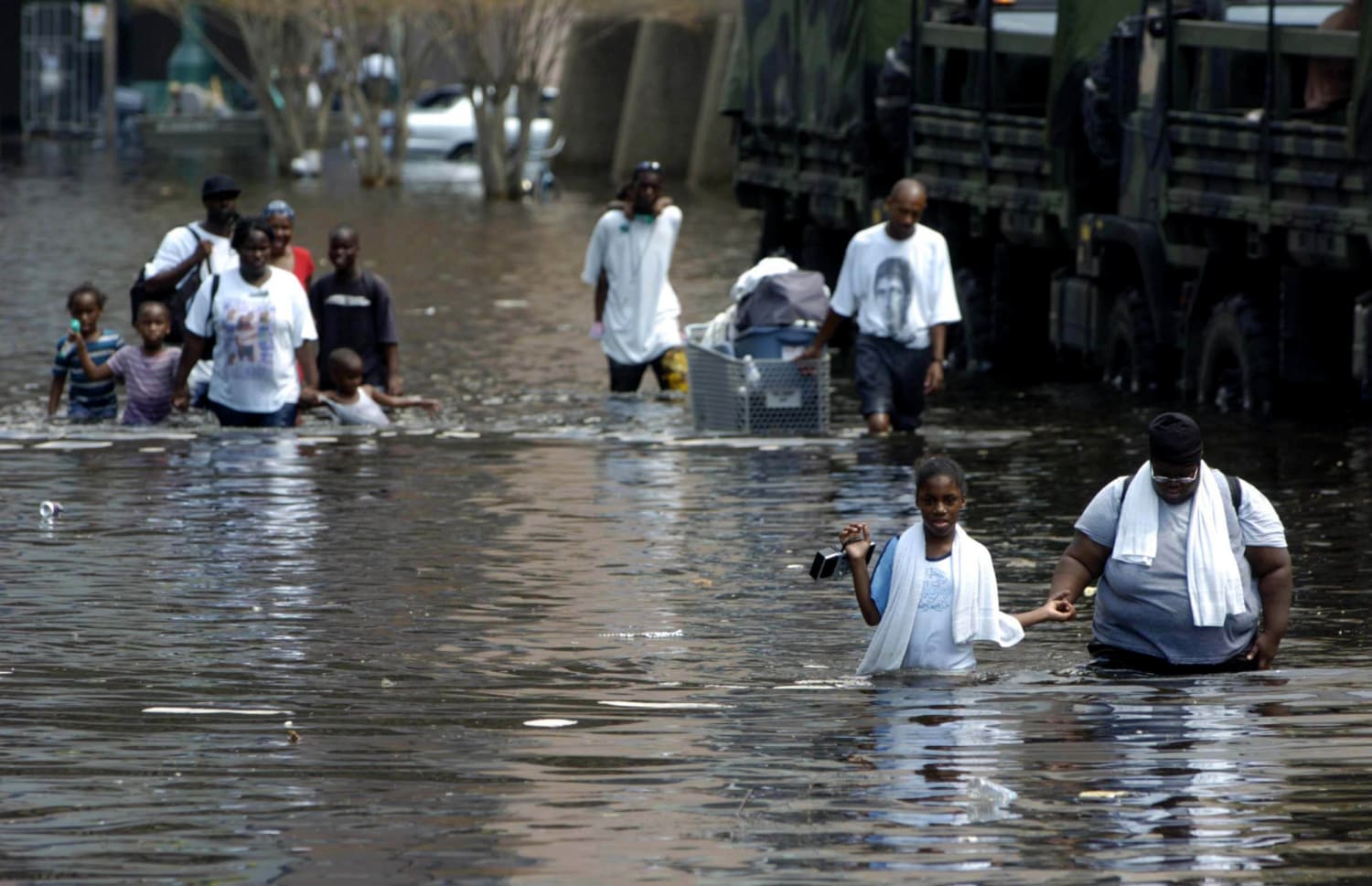The disheartening effects of environmental racism have social ramifications which affect African Americans on a daily basis. Unfairly implementing environmental procedures based on race alone contributes to the vicious cycle of racism within the United States. One example of this is that “black and brown communities find it harder to get standard homeowner’s insurance because they live in certain neighborhoods. When disaster hits, those communities are placed at a disadvantage when it comes to receiving dollars for recovery because they have been red-lined in terms of insurance. The cost-benefit analysis of the disaster relief funds may, on its face, be race-neutral, but it follows this formula; money follows money; money follows power, and money follows whites.” (Bullard, 2019) Essentially, Bullard tells us that because whites have pushed African Americans into unhealthy and dangerous living environments for so long, they are then consequently forced to fight against more instances of racism. Consequently, blacks are stripped from having equal access to certain resources or opportunities, which further plays into the never-ending cycle.

Even more so, this cycle of oppression impacts how African Americans view environmental policy and its role in the environment. Milton Takei, an independent scholar with a master’s degree in political science and volunteer of the Citizens’ Climate Lobby, conducted a quantitative study that asked people in the U.S to rate the public health risk of twenty-five hazards. People of color perceived a greater risk from global warming than whites because whites have more power and control, and feel less vulnerable (2012). Since blacks are consistently disadvantaged by climate change and other unhealthy environmental factors, they are vulnerable to health and economic consequences that are not encountered by more affluent whites. These experiences make African Americans more likely to favor environmental policy which addresses climate change, access to clean water, and clean air. However, it is important to note that African Americans also perceive the environment as more of an enemy compared to whites who think immersing themselves in the environment is a prize. Historically speaking, black people’s relationships with the environment have always been hard and complex. From slavery to the horrifying effects of Hurricane Katrina, Black the environment has written a harsh narrative for minorities who are forced to face the social and economic ramifications as well.

Through various forms of investigation, it has become very clear that environmental racism continues to handicap African Americans in contrast to their white counterparts.
Sources:
Bullard, R. (2019). Addressing Environmental Racism. Journal of International Internal Affairs,
73(1), 237-242. Retrieved October 12, 2020, from
https://www.jstor.org/stable/10.2307/26872794
Takei, M. (2012). Racism and Global Warming: The Need for the Richer Countries to Make
Concessions to China and India. Race, Gender & Class, 19, 131-149. Retrieved October
04, 2020, from https://www.jstor.org/stable/43496863